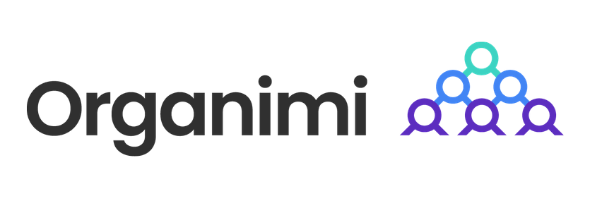 As a manager, it’s your job to lead your employees, to drive business results, and to make the best decisions with the information at hand. But how are you making decisions about the greatest assets in your company without knowing them intimately?
As a manager, it’s your job to lead your employees, to drive business results, and to make the best decisions with the information at hand. But how are you making decisions about the greatest assets in your company without knowing them intimately?
What if a football team operated similarly to many of today’s organizations: the coach wasn’t intimately familiar with his team? Imagine John Harbaugh, the coach of the Baltimore Ravens, didn’t know the nuances and subtleties of his players in the 2013 Super Bowl. Yes, he knew their names. Of course he knew their positions. He obviously knew that his star quarterback, Joe Flacco, had an arm like no other (who doesn’t?) but what if he didn’t know which one of his receivers could run fast enough to get open and catch that throw? Just knowing that Flacco can throw 70 yards isn’t enough. Harbaugh has to know the nuances and subtleties of each individual and how they fit together. If Harbaugh didn’t spend hours and hours studying his team, he probably wouldn’t have made the best decisions. The team may not have even made it to the Super Bowl. All of sudden a grandiose team becomes an average NFL team – not accomplishing nearly as much as they’re capable of.
Right about now you’re thinking I’m crazy, aren’t you? America would be in an uproar, with fists flying. But let’s face it, this is the reality in many organizations throughout North America, managers are not intimately familiar with their team. And regardless of whether it’s football or your organization, the principle remains the same: knowing who’s who and what they can do is critical to reaching your organization’s potential.
Sometimes, it’s not just knowing these details, but remembering them. All managers have a lot going on, we can certainly give you credit for a little of that, or even excuse you if your memory’s just a little sub-par. In fact, one of our own co-founders, Brett Shellhammer claims to have a “terrible memory for names” and since he consistently calls me Karen, we’re not going to question him on that. But either way, if it’s knowing in the first place or remembering when it matters, lacking this knowledge can lead to placing employees in the wrong projects, disengaged team members, and mediocre business results.
So how do you lead your team to the Super Bowl?
As we scoured through how-to guides, e-books, and blog posts looking for the secret sauce to get to know your employees, we didn’t find a clear, consistent recommendation that stood out across most of what we read. But is there ever? Many authors on the subject recommend various combinations of ice breakers, team building exercises, or surveys. And title after title swear by one-on-one conversations, like the ‘Dream Dinners’ Peter Arvai, the CEO of Prezi offers – a dinner set up with employees to discuss anything but work.
But once you’ve gathered all of this information and are on a roll to gathering more and more insight into your employees, how do you keep track of it all? Good ol’ spreadsheets, right?! Wrong. Realistically, once your number of reports exceeds 10, this information becomes extremely difficult to manage, keep-up-to-date, or even navigate. Brett has managed teams of 20 to upwards of 500 employees and in both situations, he says, he didn’t feel he had a strong grasp of who was who, what they could do, and how everyone best fit together.
As a manager, when you have 10 or more reports (as do the majority of North American managers), what you really need is a central repository for all the employee-specific information created by them and that you’ve collected about them. And when you’ve got that, and it’s always at hand, you can make better, more informed decisions about your greatest assets: from project assignment to incentive plans, or any other decision that involves your people and the goal of positively impacting your company… which I think encompasses a rather large proportion of your decisions, no?
At Organimi, we’ve lived those scenarios and felt that something was missing to be able to lead our teams to their fullest potential. It was almost like we needed a second memory card or an assistant coach just for employee info. And that’s why we created Organimi. It’s simple – we’re helping you understand who’s who and what they do in your organization.
